PMADs and Risk Factors
Perinatal mood and anxiety disorders (PMADs) include perinatal generalized anxiety, perinatal depression, perinatal bipolar disorder, perinatal psychosis, perinatal OCD, and perinatal PTSD. These conditions are extremely treatable but tend to be under-recognized and under-diagnosed. Perinatal mood and anxiety disorders (PMADs) affect both birthing and non-birthing parents alike, are the most common complication of childbirth, and affect approximately one in five women and one in ten men.
Unfortunately, no method of prevention exists for perinatal depression and anxiety. Prenatal and postpartum depression and anxiety can be experienced by anyone who is becoming a parent, regardless of their age, gender identity or sex, income level, or their existing support system. Prenatal and postpartum depression and anxiety can also affect non-birthing parents, such as adoptive parents and spouses/partners of birthing parents, just as it can affect birthing parents. New adoptive parents often experience post-adoption depression, which is also a type of perinatal depression.
However, risk factors do exist for perinatal anxiety and depression. For example, a person with a history of generalized anxiety is at increased risk of developing perinatal generalized anxiety, and a person with a history of depression is at increased risk of developing perinatal depression. Furthermore, experiencing any of the following are additional risk factors for prenatal and postpartum anxiety and depression:
History of childhood sexual abuse
Experiencing PMDD, anxiety, depression, or related conditions prior to pregnancy
Unresolved grief or loss from pregnancy loss, infant loss, elective abortions, past fertility challenges, and more
High expectations of what being a parent will be like during pregnancy or prior to pregnancy (or pre-adoption)
Diabetes prior to pregnancy (does not include gestational diabetes)
Estrangement or a complicated relationship with one’s own mother, or death of one’s own mother
Experiencing complications in pregnancy, birth, or breastfeeding
Having a baby in the NICU
Having a baby with a difficult temperament (fussy, colicky)
Lacking support from partner or spouse (or being a single parent)
Lacking social support (friends, family, and others)
Experiencing childcare stressors
Financial stressors and poverty
Remember, just because you have multiple risk factors for perinatal anxiety and depression (includes postpartum anxiety and depression and anxiety/depression occurring while pregnant) does not mean you will develop perinatal anxiety and depression. Therapy can help. With a therapist specializing in perinatal mental health, you can work on building coping skills and processing this major life transition. I also recommend to all my pregnant clients that they work on a postpartum plan with their partner/spouse/family/other support system to plan for their transition and talk through how responsibilities will be divided up.
If you’re struggling with your mental health during pregnancy or the postpartum period, please do not hesitate to seek help
If you are interested in working with me as your therapist, reach out to me here
Here are some resources specific to pregnancy and postpartum: www.katieaguayolicsw.com/perinatalmentalhealthresources
If you need more help finding resources or a therapist, contact the PSI Helpline (call or text 1-800-944-4773)
In emergency, call the National Maternal Mental Health Hotline: 1-833-943-5746 (1-833-9-HELP4MOMS)
